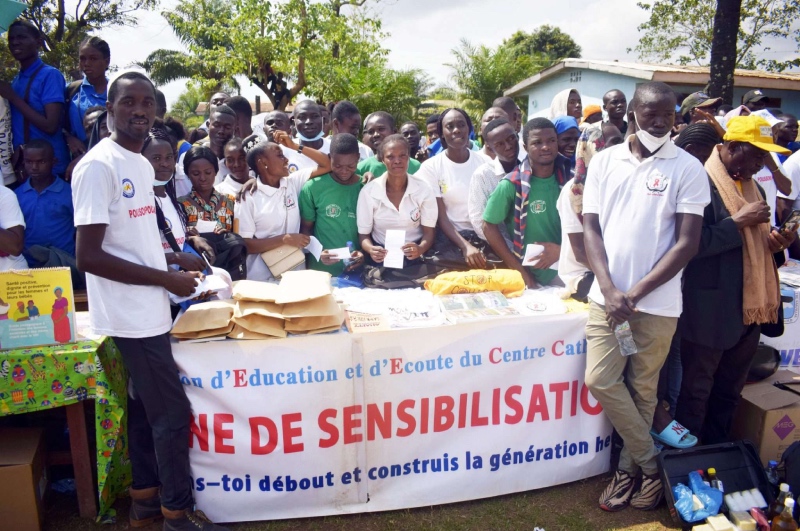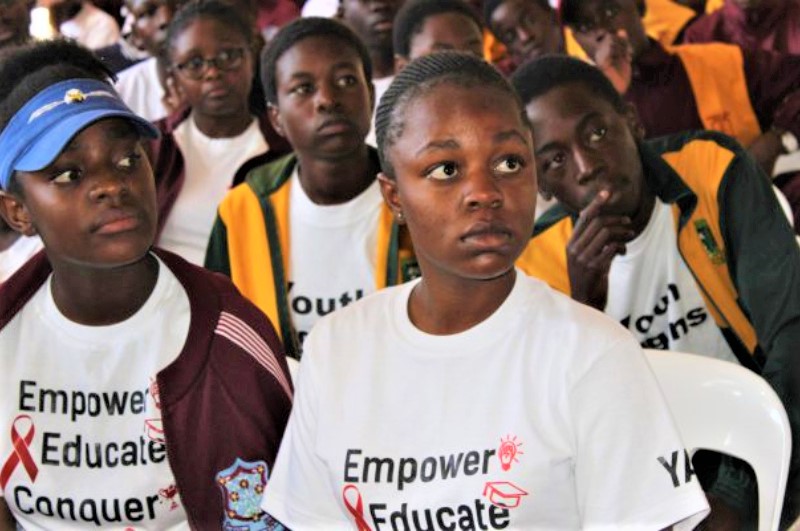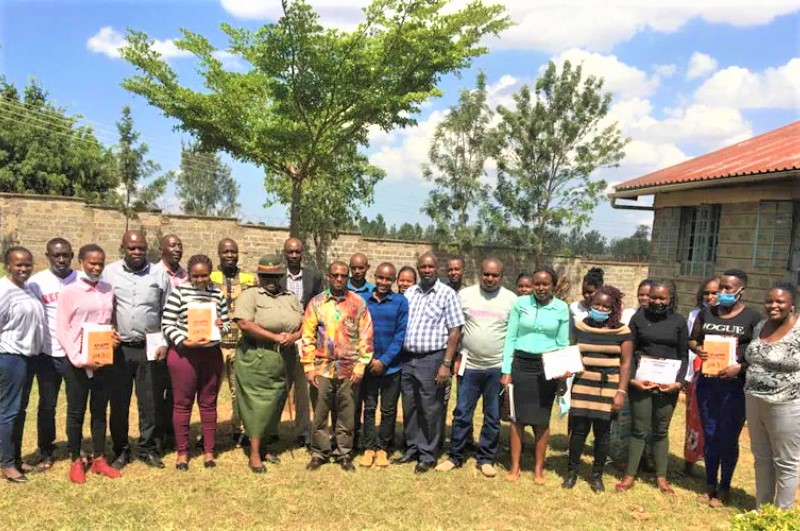

Over 20 prison officers who oversee the custody of hundreds of youths at juvenile correctional institutions in Kenya have successfully undergone training to help them in equipping young offenders with important life skills.
In a report shared with ACI Africa on Monday, December 6, Fr. Matambura Ismael, a member of the Jesuits Conference of Africa and Madagascar (JCAM) and Director of the African Jesuit AIDS Network (AJAN) said that the aim of the three-day training was to equip prison officers with skills to guide youth in leading morally upright and successful lives once they leave prison.
“While the work of prison officers is primarily that of ensuring that the juveniles remain safely in custody, it had been the agenda of AJAN to reach the officers to empower them with life skills that will further prepare them for their roles, particularly to instill the reflective intent of truly impacting the young lives positively,” Fr. Matambura says about the initiative that took place last month.
The two institutions that took part in the AJAN HIV and AIDS Prevention Program for Youth (AHAPPY Generation) were Kamae Girls Borstal Institution that takes care of young female offenders, and the Youth Corrective and Training Centre (YCTC) at Nairobi-based Kamiti Maximum Prison.
According to Fr. Matambura, the agenda of AJAN this year has been to work towards a process where the youth can be able “to see all things new in Christ”.
The agenda is brought out in various ways, the Jesuit Priest says in the report he shared with ACI Africa, and explains, “It could be that of a trainer, or that of a learner. Journeying with the youth involves preparing the people who relate with them directly. These are teachers, catechists, and others. This time, it was the prison officers.”
In June, AJAN officials conducted a similar training that was aimed at empowering Prison Catechists with the knowledge and skills they need as they journey with young people in correctional facilities.
The three-day training that was distributed across three weeks brought together 23 Catechists, most of them uniformed police officers working in various Prisons around Nairobi County.
Representatives in the June training that targeted the Nairobi region were drawn from Lang’ata Women’s Prison, Nairobi West Prison, Industrial Area Remand and Allocation Prison, Kamiti Maximum Prison, Kiambu Prison, Ruiru Prison and Prison Staff Training College.
Juvenile correctional facilities were represented by Catechists from Kamae Girls and Kamiti Prison’s Youth Corrective and Training Centre.
Developed in 2012 to address the HIV/AIDS challenge among the youth through the AHAPPY Generation program, the training has since evolved to include the inculcation of values among young people and to guide them in their interpersonal relationships.
In their report dated November 24 report that was shared with ACI Africa on December 6, officials of AJAN note that the three-day training that concluded on November 24 was organized around modules of the AHAPPY Generation manual.
The manual, which has been developed into a 232-page book has three topics that guide users through self-awareness and discovering God’s purpose in their lives. In the second part, the users get to appreciate their surroundings and learn how to relate with each other and finally, in the third part, they get the values and skills to cope in their difficult environments.
“The aim of the manual is to help young people to lead happy lives in whatever environment they find themselves in,” Fr. Matambura says, and adds, “It is about learning to live happily in a broken society, caring for others and not exploiting them.”
The manual has been designed to help the prison staff to understand the five dimensions of a human being that are “central to the integral development of youth as guided by the Jesuit principle of cura personalis.”
“The Ignatian principle of cura personalis which implies a genuine love and personal care for the young is what AHAPPY Generation is about,” Fr. Matambura said in an earlier interview with ACI Africa, and explained, “It approaches the integral formation of the young person through the Ignatian paradigm that gives pre-eminence to the constant interplay of Experience, Reflection and Action.”
The Jesuit Priest who hails from the Democratic Republic of the Congo (DRC) said during the June interview that the result of the training is “a whole-rounded youth who lives and grows to the best of their ability, and who works for the good of others and improvement of their continent.”
“In the context of youth who are in conflict with the law, the society and with themselves, the effort of seeing all things anew in Christ impels us to see the young person behind bars, not as defined by their current state but as a human person, beloved creature of God, with dreams, talents, hopes and the capacity to realize them,” the Jesuit Priest said, making reference to St. Ignatius of Loyola’s mantra, “to see all things new in Christ.”
In the report shared with ACI Africa December 6, Evans Odhiambo, an officer tasked with the welfare of juveniles at YCTC notes that last month’s training was helpful in his job with the young offenders.
Mr. Odhiambo says, “This training has helped me to change my mind on how to deal with boys. I am more concerned now about the emotional aspect of boys. I now understand that it is good to take time to listen to the boys and understand them thoroughly even before I can make any effort geared towards helping them to register positive change.”
Alice Gakuo, another officer based at Kamiti Maximum Prison says she developed a critical realization that the young people she was dealing with might have led morally upright lives before they gave in to peer pressure.
“I realize that the young people in correctional facilities might have run into the headwinds of peer pressure. My job is to give them hope, and impart skills in them so that they can become even better people than they were before they came here,” Ms. Gakuo explains.
At the end of the training, the deputy officer in charge at the YCTC, Nelius Muchoya, encouraged the officers to put into practice the skills that had been imparted to them in the AJAN training and to help transform the minds of the youths who he said had undergone “difficult pasts”.
In the report, Fr. Matambura expresses gratitude to various prison managements in Kenya’s capital, Nairobi, saying that more opportunities for collaboration were on the way between correctional facilities and Church institutions.
Source: ACI AfricaRelated Articles
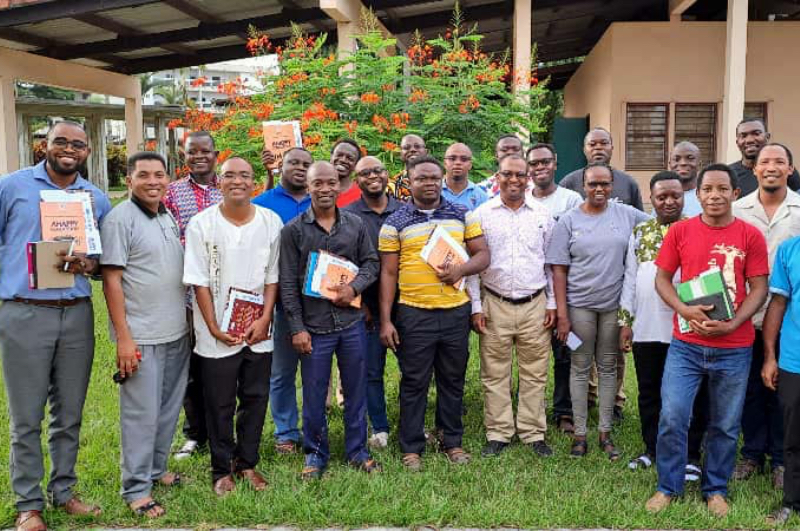
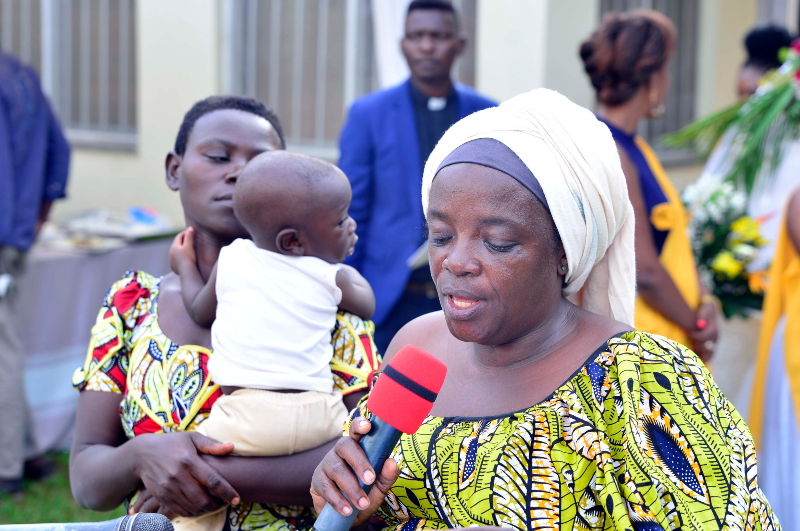
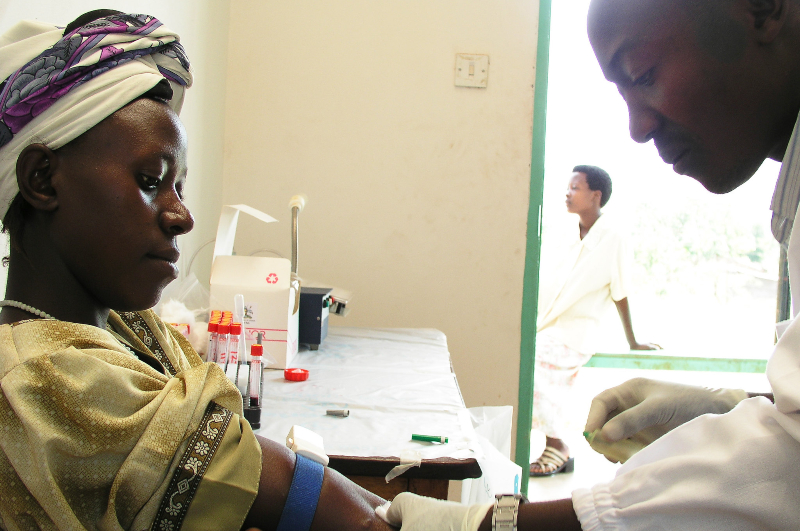
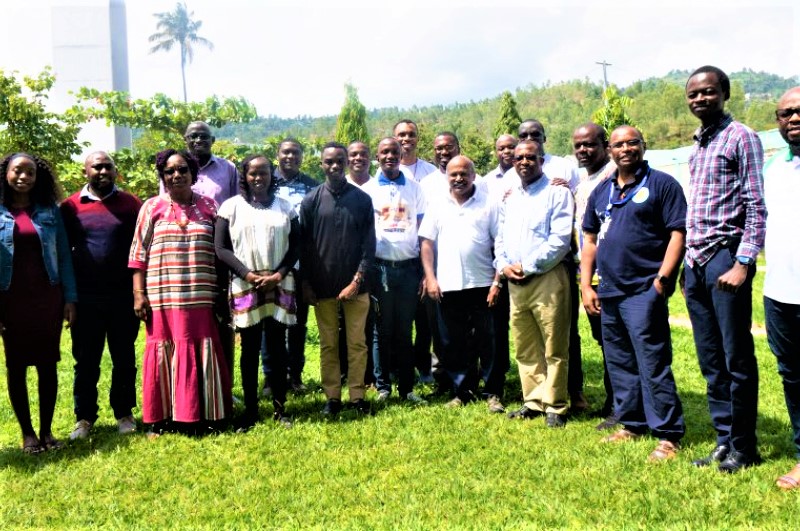
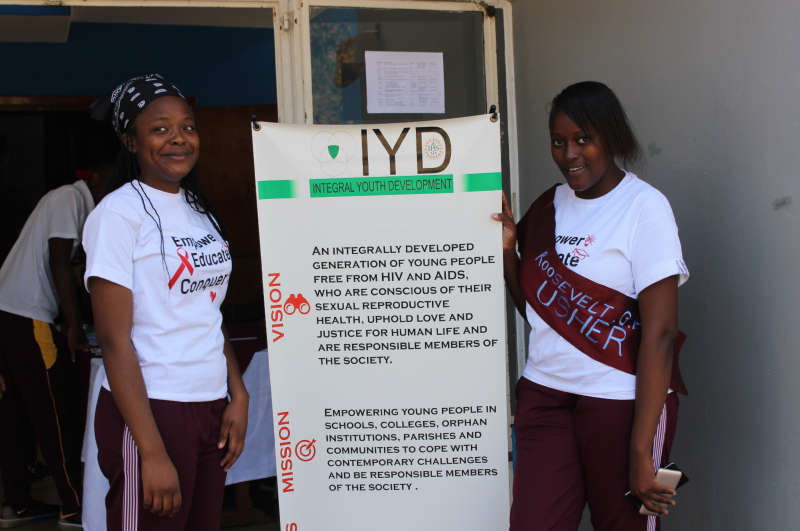
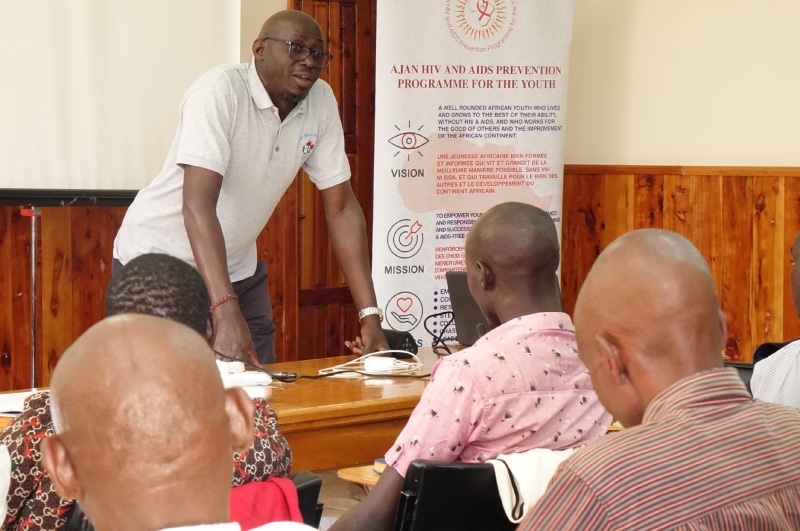
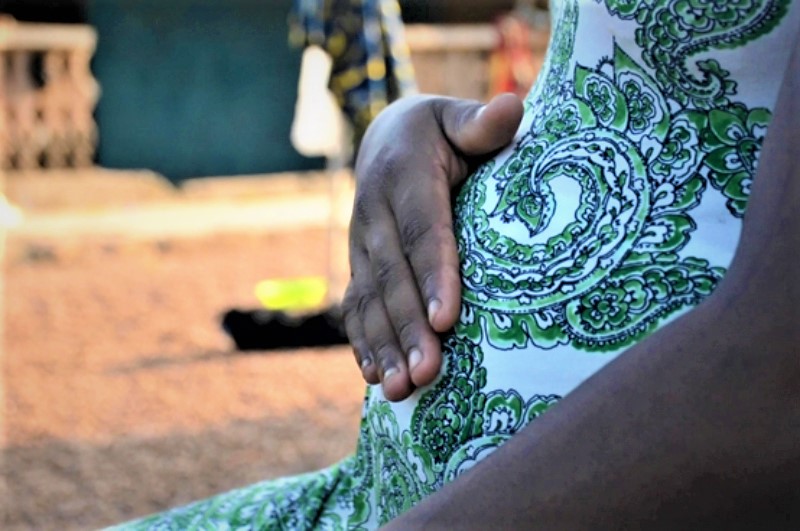
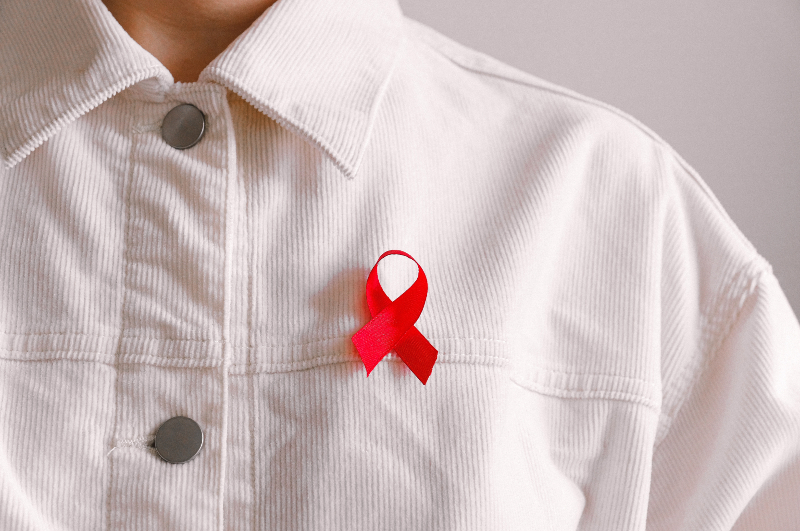
Select Payment Method
Pay by bank transfer
If you wish to make a donation by direct bank transfer please contact Fr Paul Hamill SJ treasurer@jesuits.africa. Fr Paul will get in touch with you about the best method of transfer for you and share account details with you. Donations can be one-off gifts or of any frequency; for example, you might wish to become a regular monthly donor of small amounts; that sort of reliable income can allow for very welcome forward planning in the development of the Society’s works in Africa and Madagascar.
Often it is easier to send a donation to an office within your own country and Fr Paul can advise on how that might be done. In some countries this kind of giving can also be recognised for tax relief and the necessary receipts will be issued.


